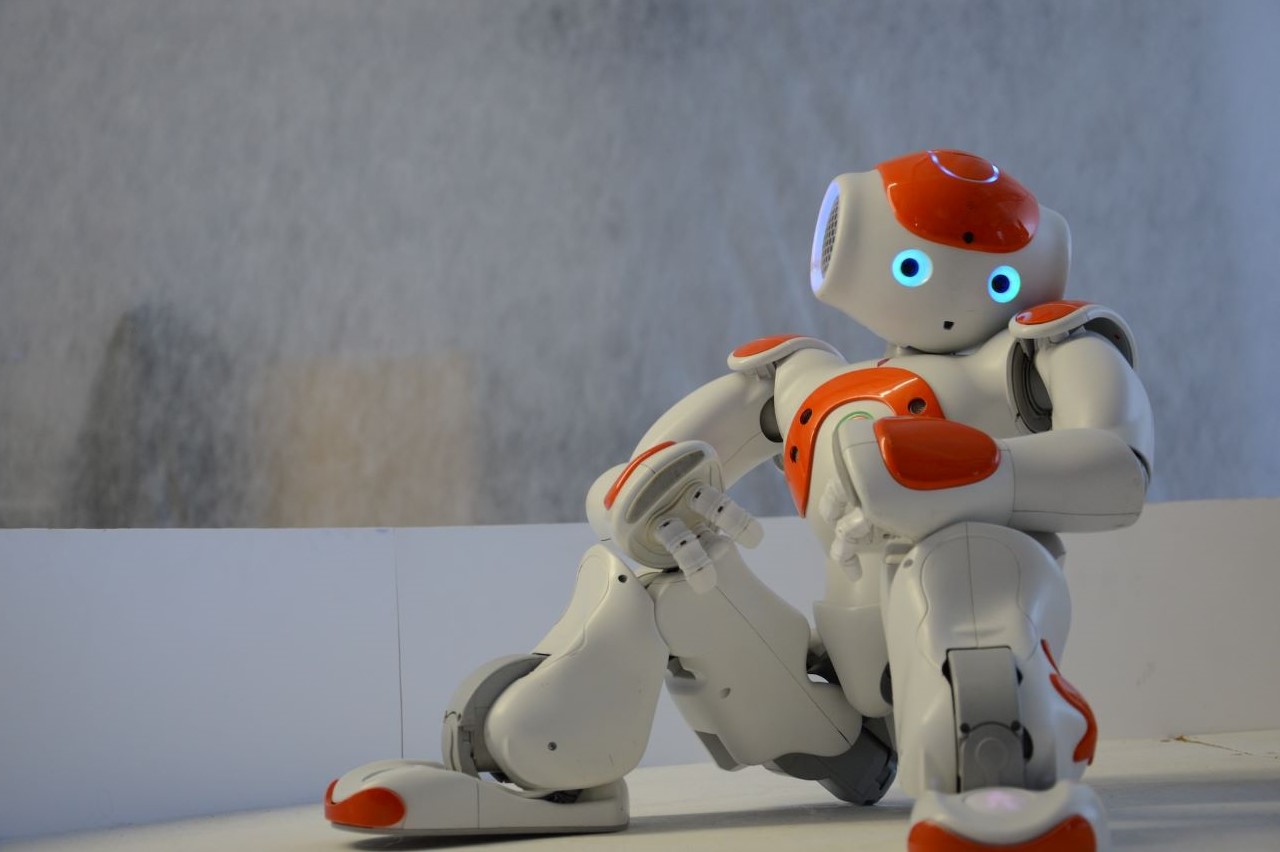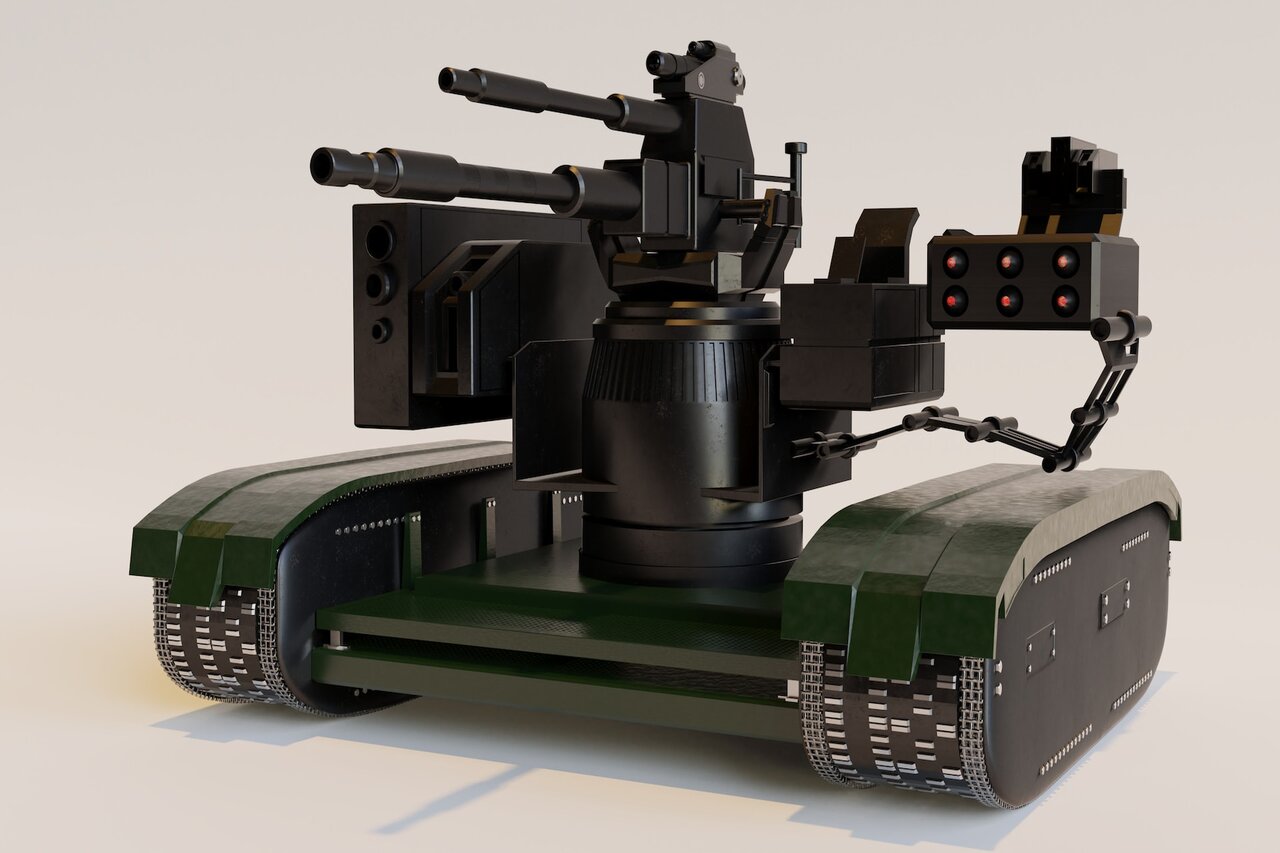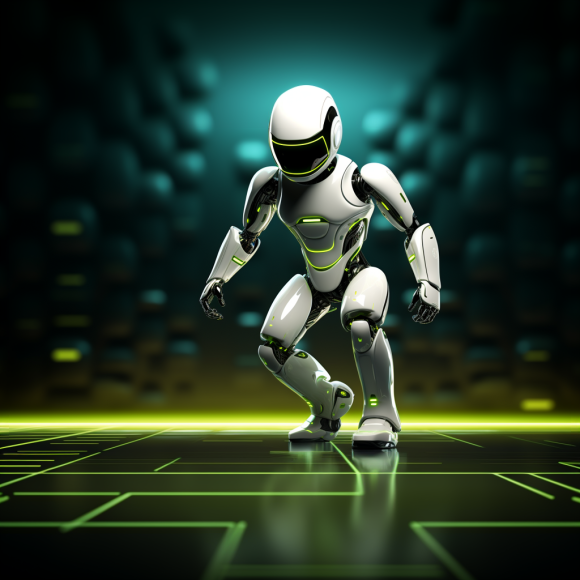Ever find yourself wondering where the term “robot” comes from? The concept of robotics has been with us for a long time, but how much do you know about the origins of the concept and the roots of the word?
If you’re a fan of etymology — the study of where words come from and how they change — keep reading for answers to the question “where did the term ‘robot’ come from” as well as a couple others.
So Where Did the Term ‘Robot’ Come From?
We can thank a writer for bringing the word “robot” into being.
Karel Čapek, a Czech playwright who lived from 1880 to 1938, introduced the word in a 1920 play called “R.U.R.” or “Rossum’s Universal Robots.” The play was very much a hit — and it marked the introduction of the word “robot” to the English language and the science-fiction canon.
Interestingly, the play didn’t star cold, metal automatons. Instead, the robots in “R.U.R.” were made from artificial biological material — they were synthetic humans, in other words. These living, breathing creatures can reason for themselves, and they soon organize a rebellion against the slavery that binds them. The resulting conflict destroys the human race.
It would seem that conflicts between new forms of life, and their creators, have been a part of the mythology behind robots from the very beginning. Maybe it’s cynical — or maybe it’s a challenge to remember the great responsibility that comes with great power.
What Are the Roots of the Word ‘Robot’?
Now, you’re probably wondering about the roots of the word “robot” itself.
Remember our playwright, Karel Čapek? He didn’t come up with the word “robot” all on his own. He borrowed the root from a Church Slavonic word — “robota” — which means “forced labor,” “servitude” or even “drudgery.”
“Robota” also has equivalent cognates in Czech, German, Polish and Russian. Not surprisingly, the word came about at a time when serfdom meant many individuals spent significant portions of their life performing indentured labor.
Čapek’s choice to name his synthetic beings “robots” is appropriate on more than one level. By choosing such a universal word, drawn from shared memories of less civilized times, Čapek forever bound the concept of robotics to questions of class struggle, what it means to be human, and the value of life — whatever form it might take.
Why Are Robots So Persistent in Creative Media?
Who or what do you think about when the word “robot” comes up? Maybe it’s Lieutenant-Commander Data, or Gort, or R2-D2, or Daleks, or Arnold Schwarzenegger’s Model 101 Terminator. These are all valid answers. But why are robots so persistent in creative works and popular media?
There is a hopeful undercurrent within most science-fiction works, including the darker ones. It’s a dream that, in the future, advanced synthetic lifeforms will work alongside and live in harmony with their human counterparts.
Lots of modern stories concerning human-machine relations don’t end well for one or both parties. Even in Čapek’s original play, robots rebel against their domineering human masters. Importantly, and poetically, the robots realized in the end that their victory was a pyrrhic one — the secret to building more robots died with the last human.
Our most likely future now looks like one which respects this important duality. Robots already populate our world in great numbers. By 2022, cobots — “collaborative robots” designed to work alongside humans safely — will account for around 8.5% of global industrial robot sales.
True artificial intelligence exceeds our grasp for now, but it’s obvious that this is the right time to learn how to live and exist alongside living, thinking beings of our own design. There are likely to be 3 million industrial robots in use by the end of 2020. How much more human they get, and how humanely we treat them when they do, are central and defining questions in science, speculative fiction and futurism.
Where the Term ‘Robot’ Came From, and Other Answers
We have an answer to the question, “Where did the term ‘robot’ come from?”. The short answer is that it comes from Church Slavonic, was popularized by a Czech play, and is now one of the most recognized concepts in fiction and real life.
The somewhat longer answer is that robots have always told us something about ourselves. As we create rudimentary new forms of consciousness and life, human beings must put their own class struggles and inequalities to rest before passing their problems on to a new generation. Robots can improve our quality of life. They’re already doing it by improving our productivity and keeping us safe. They’ll continue to be a part of our lives moving forward, and continue to challenge us to reconsider our ethics and even the definition of “life” itself.
Recent Stories
Follow Us On
Get the latest tech stories and news in seconds!
Sign up for our newsletter below to receive updates about technology trends














